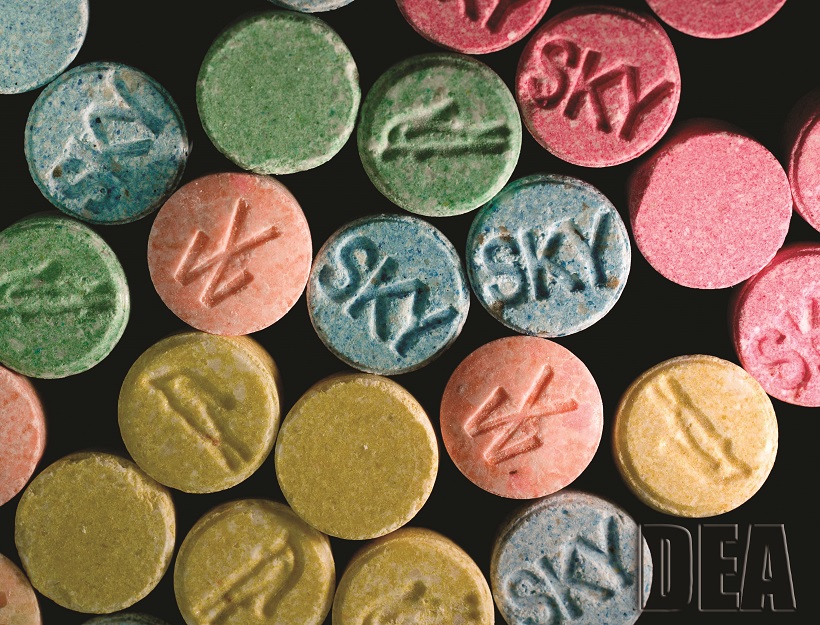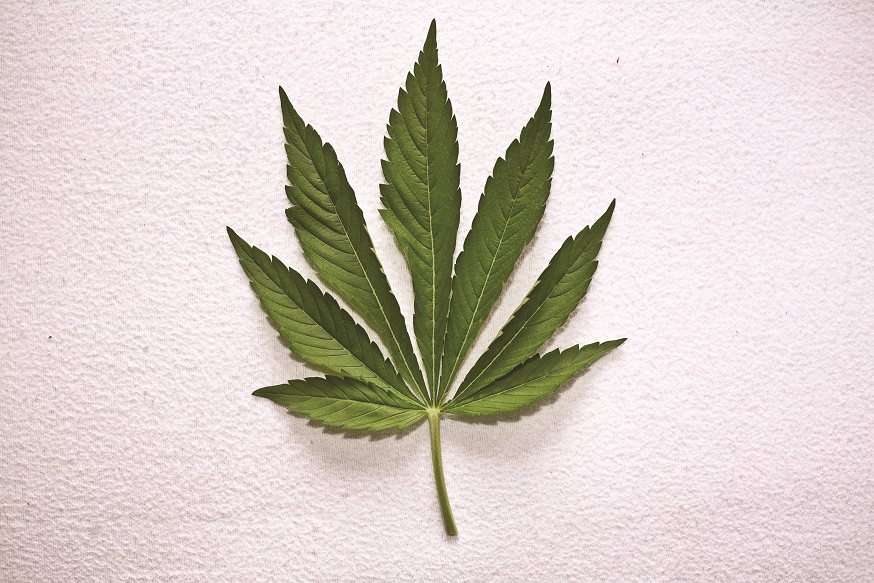Worldwide, drug production, supply and use continue to increase despite increasing enforcement efforts. It is estimated that the number of users rose from 203 million in 2008 to 243 million in 2012, an increase of 18%.
On Tuesday, a panel consisting of 21 global leaders urged a global overhaul of drug policies, calling for regulation of soft drugs, an end to imprisonment for those found in possession of drugs, and a greater emphasis on protecting public health rather than enforcing criminal measures. The proposals put forward in the 45-page report by the commission are very much in line with the proposals put forward locally by the government in the white paper issued in July. The report of the global commission goes further than that of 2011, encouraging experiments in legally regulated markets such as cannabis, coca leaf and novel psychoactive substances. The report also calls for ‘equitable access to medicines, in particular opiate-based medications for pain’.
Decriminalisation of drug use is to be implemented locally, with those found in possession of drugs to face a justice commissioner rather than a magistrate. The commission calls for drug usage to be dealt with as a social and health issue rather than a criminal act, again one of the objectives laid down in the government’s white paper.
A spokesperson for the Ministry of Justice said ‘the government is participating in a wide-ranging consultation process to listen to different opinions that exist, and implement the best possible reform which ensures helping the victims, not pushing them into further trouble, while clamping down on drug trafficking.’

Recommendations by global commission
Within the 45-page report, commissioners called for an end to the criminalisation for dependant users and urged that prevention, harm reduction and treatment measures are the way forward. Enforcement measures should target the most disruptive criminal groups rather than punish ‘low level players’. Furthermore, the report recommends that authorities should not impose compulsory treatment on those found in possession of drugs, although availability of support groups should be ensured by authorities.
It stresses that criminalisation of drug use has no impact on levels of drug use within a society. The commission stresses that repressive ideologies need to be replaced with more humane and effective policies shaped by scientific evidence and health principles.
The report states that creating a zero tolerance to drugs society is not effective, and authorities should rather pursue an informed approach based on evidence of what works.
The commission argues that often at times, governments devote resources to arresting people involved in illicit drugs market with no evidence that this deters others from engaging in similar activities. In addition, those who have become involved in the illicit economy purely for survival reasons should not be subjected to criminal punishment. The report recommends that authorities should encourage diverse experiments in legally regulated markets in currently illicit drugs, beginning with, but not limited to, cannabis.

Local proposals
Under the proposed law on drug decriminalisation put forward by the government, cannabis users, even repeat offenders will only appear in front of a justice commissioner and will not face court sentences. Users of other drugs will face a justice commissioner and a social board which will decide the best way forward. Furthermore, ruling of a sentence needs to be done within a three month period, and the act is not listed in the individuals’ criminal conduct.
The White Paper put forward by the justice ministry proposes a reform in the manner in which the court deals with persons accused of trafficking drugs, and a proposal has been put forward to have a court dealing solely with drugs.
In line with the concept laid down by the commission, the local white paper states that drug use should be addressed as a health and social problem rather than a criminal act. In addition, the government pledged to ensure availability of evidence-based treatment on drug use. Legislation and criminal procedures should differ whether dealing with users, street dealers, or organised trafficking.
Caritas reacts
Caritas, although generally in agreement with most of the proposals put forward by the government, stresses that drug usage always imposes a negative impact on the person in question, even if the substance in use is cannabis. The NGO is in agreement with the government that those found in possession of drugs for personal use do not face a court sentence but rather a justice commissioner which directs them towards social workers who will offer assistance to the person in question and his or her family. The NGO however stressed that the use of cannabis should be addressed in the same way as any other drugs, and it is important that the government does not send out a misleading message. Caritas argued that instead of decriminalising cannabis, it should be depanalised - meaning, that its use is still illegal, however the users do not face a court sentence, but are rather assisted to rehabilitate themselves. Caritas insisted that soft drugs, such as cannabis, act as gateway drugs which lead to other hard drugs. ‘There should be no distinction between hard and soft drugs, occasional or regular usage, because they all contribute to future problems.’
Caritas agrees that the criminal conduct of drug users should not be tarnished, however if the person in question fails to undergo necessary treatment to rehabilitate himself, than the case might be presented in court.
Considering the rise in drug use, Caritas said the government needs to invest more in institutions assisting drug users in rehabilitation. The NGO stresses on the importance of prevention, calling for awareness campaigns within educational institutions.
Caritas also called for the implementation of the Good Samaritan law, under which drug users who call for assistance in the case of an overdose have all accusations for drug use dropped. Often at times, those witnessing overdose flee the scene out of fear of persecution, and this might lead to the death of the other person.